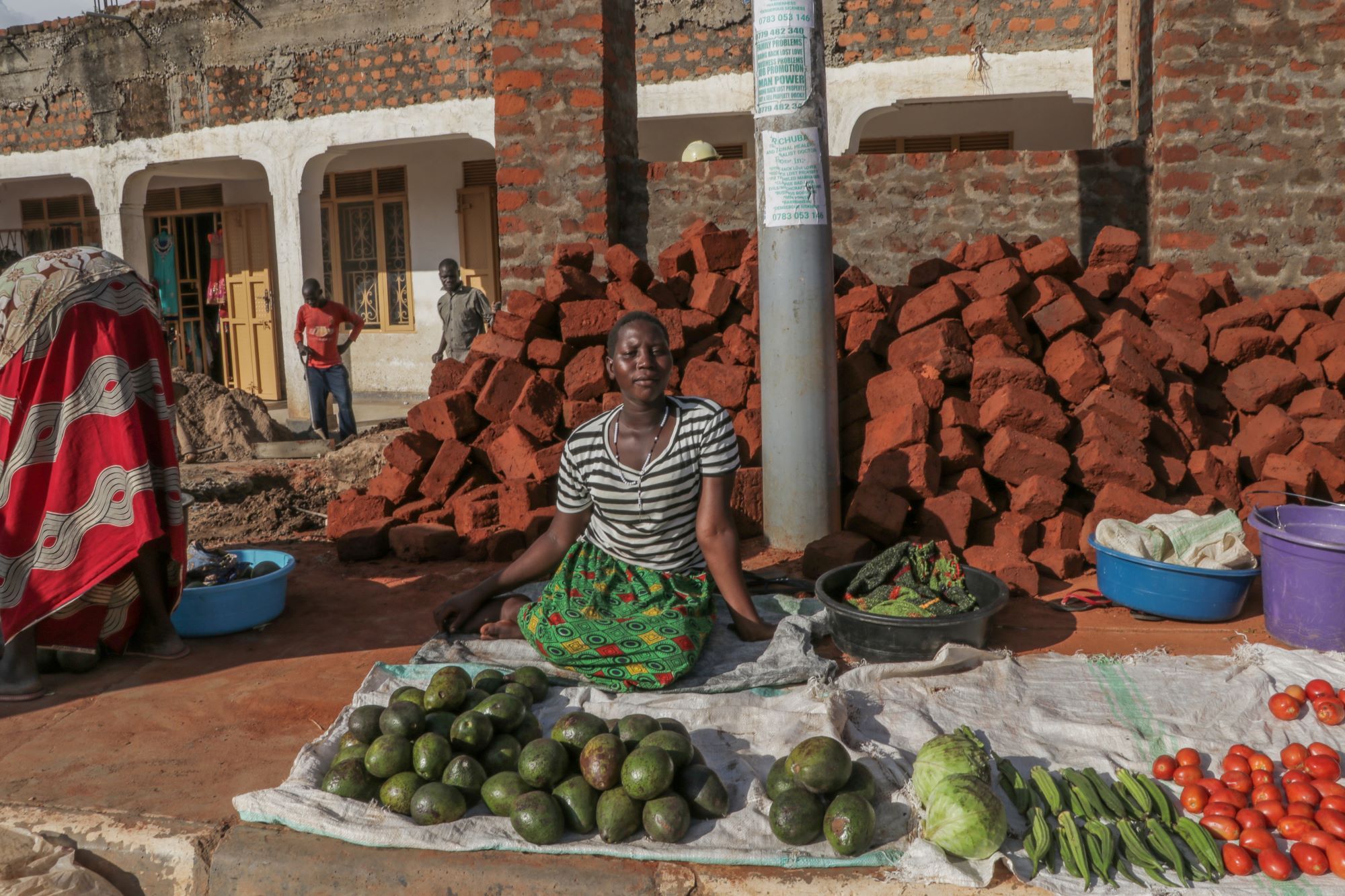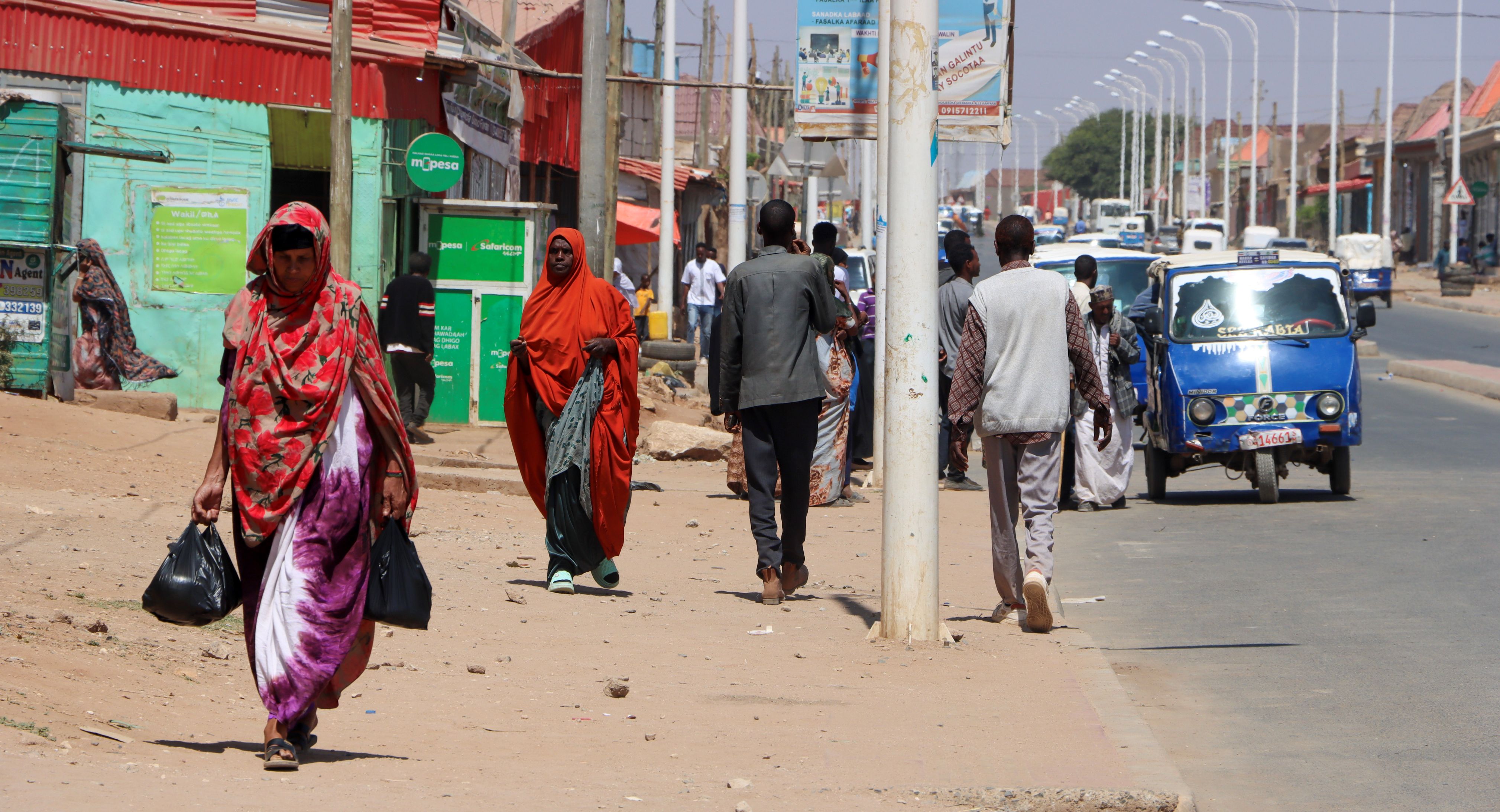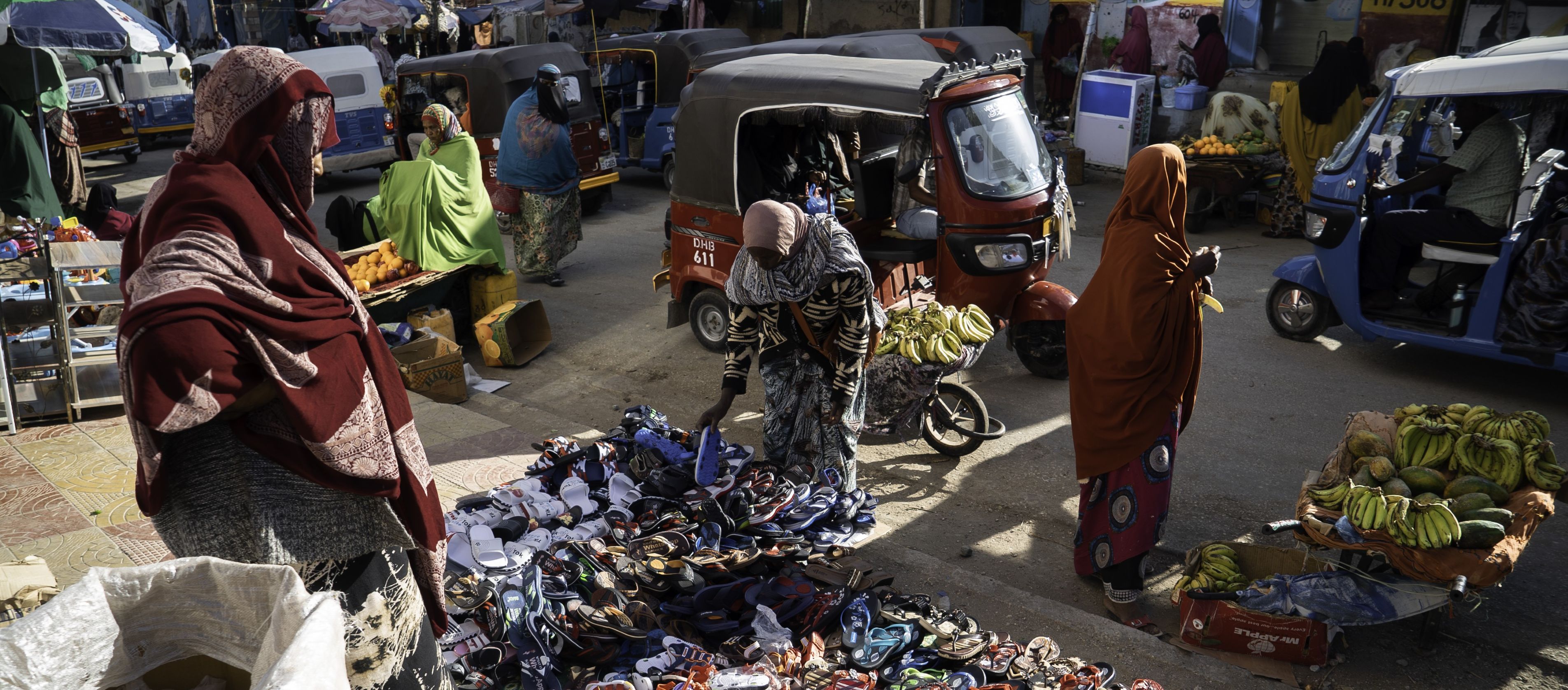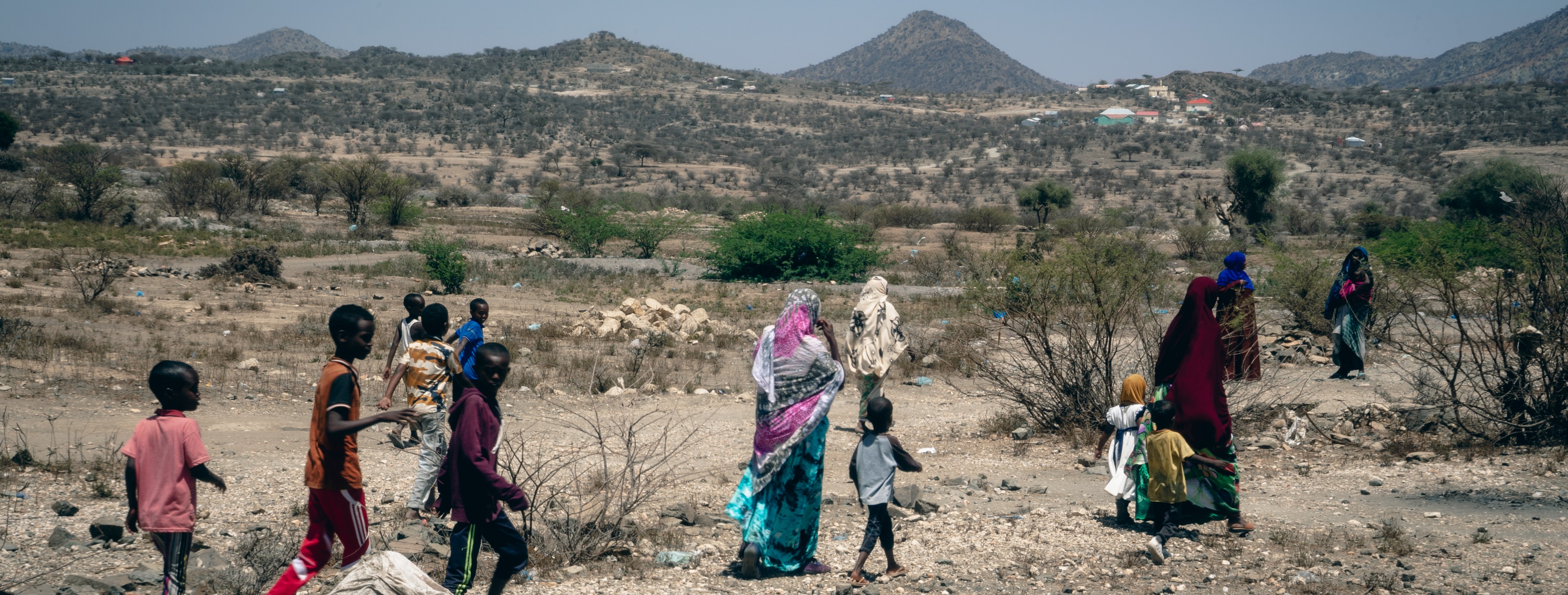With nearly one-sixth of all refugees and asylum seekers worldwide, the Horn of Africa is among the regions most impacted by migration and displacement. Despite the growing migration crisis, the region’s hard-hit secondary cities are rarely represented in international migration discussions.
Cities Alliance is helping to change that. Through its Cities and Migration programme, funded by the Swiss Agency for Development and Cooperation (SDC) and the European Union Emergency Trust Fund for Africa (EUTF for Africa), Cities Alliance is committed to ensuring that secondary cities in the region can draw attention to their needs and their crucial role in implementing the global agendas.
This year, Cities Alliance supported four secondary cities – Arua and Koboko in Uganda, Gabiley in Somalia, and Kakuma in Kenya – to participate in two global events around the implementation of the Global Compact for Safe, Orderly and Regular Migration (GCM) in Africa and the Global Compact on Refugees (GCR).
The first was an African review of the GCM in August, where Cities Alliance co-organised a side event with IGAD and UCLG Africa on the role of secondary cities in promoting the inclusion and integration of migrants.
The second was a Cities Review of the GCR hosted by UNHCR in September. Cities Alliance supported four cities to pledge their support to implement the principles of the GCR. Their experiences are featured in the Outcome Report: Cities and their Contribution to the Global Compact on Refugees, a stocktaking document ahead of the first High-Level Officials Meeting that will take place on 14 and15 December 2021 in Geneva, Switzerland.
At both events, the four partner cities shared their experiences with integrating migrants and refugees and the challenges they face from migration. They provided a valuable perspective that is not often heard and showed how cities are taking innovative steps to implement the global migration agendas.
The mayor of Arua, Sam Wadri Nyakua, noted that approximately 6,000 to 7,000 migrants are residing now in the city centre, out of an estimated population of 35,000 in this area. "The local government does not have enough resources to provide services to migrants and the host community. Urban migrants only receive humanitarian aid in Kampala, the capital, and not in secondary cities such as Arua", he said.
"A major problem is that the government was allocating funds based on a 2014 census that did not include the migrants and the refugees. Our resources have remained constant, but the number of people using the resources has increased".
With financial support from SDC, Cities Alliance together with AVSI, the Arua City Administration and the Uganda Bureau of Statistics, conducted a new census to collect quality data for improved urban planning. Different mechanisms were used during the process, such as municipal development forums to promote dialogue among stakeholders, and partnering with financial institutions to help migrants and host communities become more self-reliant and improve their livelihoods.
Gabiley, in Somalia, is receiving large numbers of internal migrants from rural areas impacted by climate change, such as severe drought. There are cultural differences and many refugees lack the skills to work in cities. The competition for unskilled labour and housing has also become much higher, increasing poverty. Hibo Hassan, Director of Planning and Development for Gabiley Municipality, said that the city is seeking to promote a multicultural society and develop policies with the active involvement of refugees.
“Many people don't know what happens in cities, they only live in marginalized areas at risk of everything. In the local government, we wanted to assign specific areas to help support refugees to get basic needs.”
Gabiley Municipality is willing to set up special areas for refugees when they arrive in the city so they can access accommodations, food, shelter, and water.
Koboko, Uganda is a good example of a municipality that has embraced the opportunity provided by migrants and refugees. Dr. Sanya Wilson, mayor of Koboko, agreed that migration has significantly stressed services such as education, healthcare, and solid waste, but the population growth has brought a demand for goods and services that he views as an opportunity for trade and investment. For example, the growing number of migrants have led to more schools being opened in the city and the addition of much-needed skilled labor, such as pharmacists.
“Some of the most successful investments that we have in my municipality are migrants and refugees,” Dr. Wilson said. "Everything we do in Koboko Municipality, we do 50/50; 50 for the refugees, and 50 for the host community."
Migrants have also brought more cultural diversity to the municipality, and Koboko has prioritized their integration. It has adopted expanded urban planning that includes refugees in areas such as slum upgrading, creating green spaces in the city, market allocation, and more diverse local revenues.
The Kakuma Refugee Camp and the nearby town of Kakuma in Kenya’s northwestern Turkana County have been growing exponentially, making it difficult to create sustainable economic opportunities for both refugees and host communities.
Joseph Egiron, Director of Survey for Turkana County, said that the county government has committed to support the planning of a new integrated settlement in Kakuma that will foster inclusion and provide more opportunities for both refugees and the host community.
The county is also undertaking more territorial planning that includes refugees in Kakuma and Kalobeyei municipalities, such as plans for an economic zone within the proposed municipality to create employment and networking for cities along Kenya’s northern corridor.
The activities in Turkana County are part of a 15-year, multi-sectoral and multi-stakeholder initiative (the Kalobeyei Integrated Socio-Economic Development Programme) to realize
inclusive economic growth, political stability, cohesion, and sustainability. With the financial support of SDC, Cities Alliance is working with UN-Habitat to improve connectivity and networks that enable businesses, local governments and individuals to gain access to a wider choice of goods, finance, employment, and investment opportunities, leading to a sustainable local economy in the region.
City pledges to the Global Compact for Refugees
Arua
Gabiley
Kakuma
Koboko
The four municipalities are part of the Comprehensive Refugee Response Framework (CRRF): Inclusive Urban Development and Mobility – Regional Network and Dialogue, financed by the EU Trust Fund for Africa and implemented by Cities Alliance with the objective to establish a regional network of cities to facilitate peer learning and exchanges between cities managing an important number of refugees.





